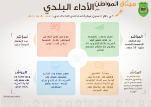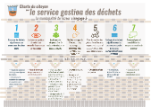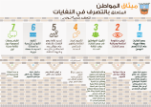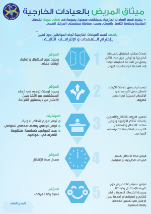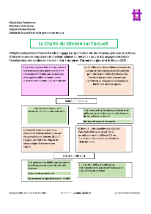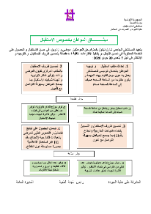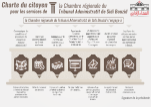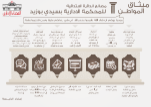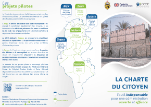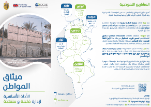Citizen Charters in Tunisia
|
OVERVIEW As part of its “Good Governance and Anti-Corruption in Tunisia” project and within the framework of its worldwide work on Open Government, the OECD is supporting Tunisian authorities to conceive, introduce and monitor citizen charters. A citizen charter is a voluntary public commitment made by a service provider to uphold standards of quality, transparency and accountability. Citizen charters are also an important tool that allows citizens to exercise their watchdog function and hold service providers accountable. It is essential that such charters are developed in a participatory way, include measurable indicators and are widely publicised.
OBJECTIVE Promote transparency, responsiveness and quality of local public services through the development of a simple yet powerful accountability tool at the interface between citizens and service providers.
OECD SUPPORT The OECD has supported the Ministry for Public Administration to develop a common methodology for such citizen charters. As a result, the decree regulating the relationship between the administration and its users was modified to make the adoption of citizen charters mandatory for all public authorities in direct contact with the public (Decree No. 2018-1067 of 25 December 2018). Additionally, Circular 17 was passed on 5 August 2019 to present the methodology of the charters. The OECD also provides guidance and technical assistance to support the development of citizen charters for three pilot public services:
Such OECD assistance includes:
PARTNERS & BENEFICIARIES
Short version Long version Back to MENA-OECD Governance Programme |
NEWS AND ACTIVITIES
CHARTERS Citizen charter leaflet Tunisia (French)
For more information on the project, please contact: Alessandro Bozzini (alessandro.bozzini@oecd.org) |
Documents connexes




